Meditation
by Eufemia Fantetti
Press play below to begin.
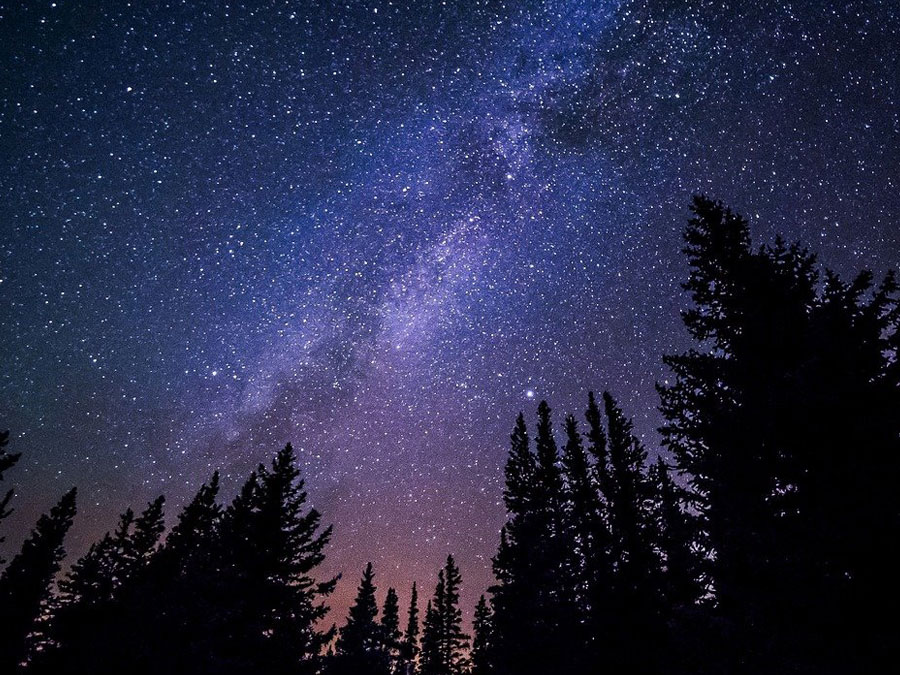
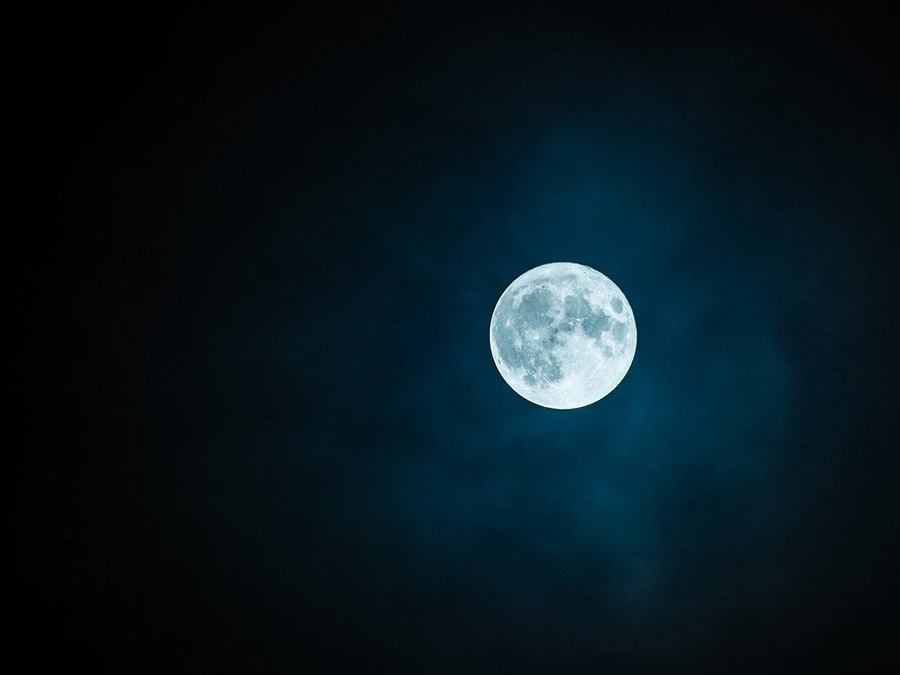
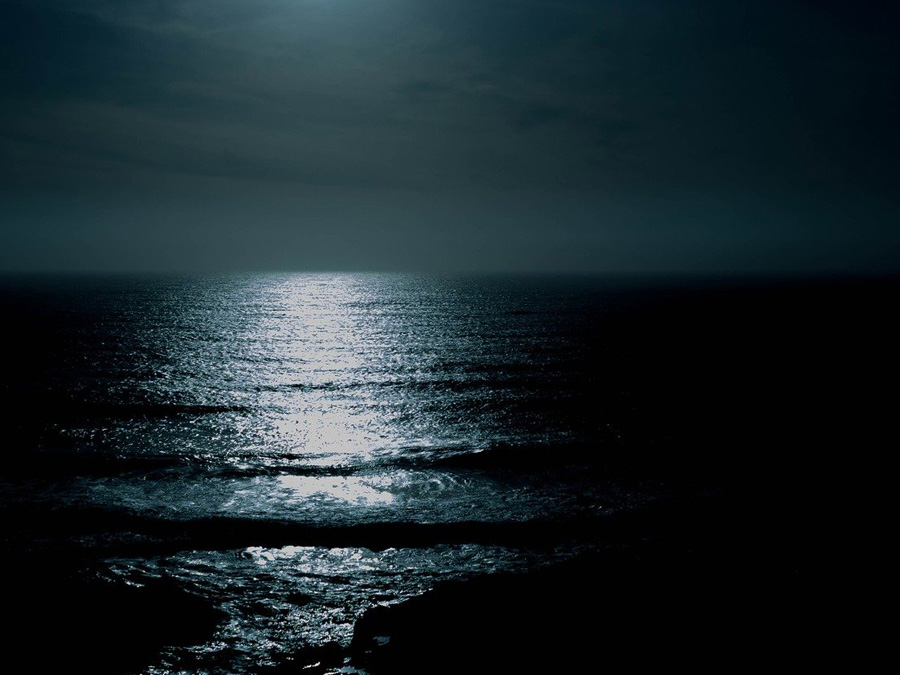
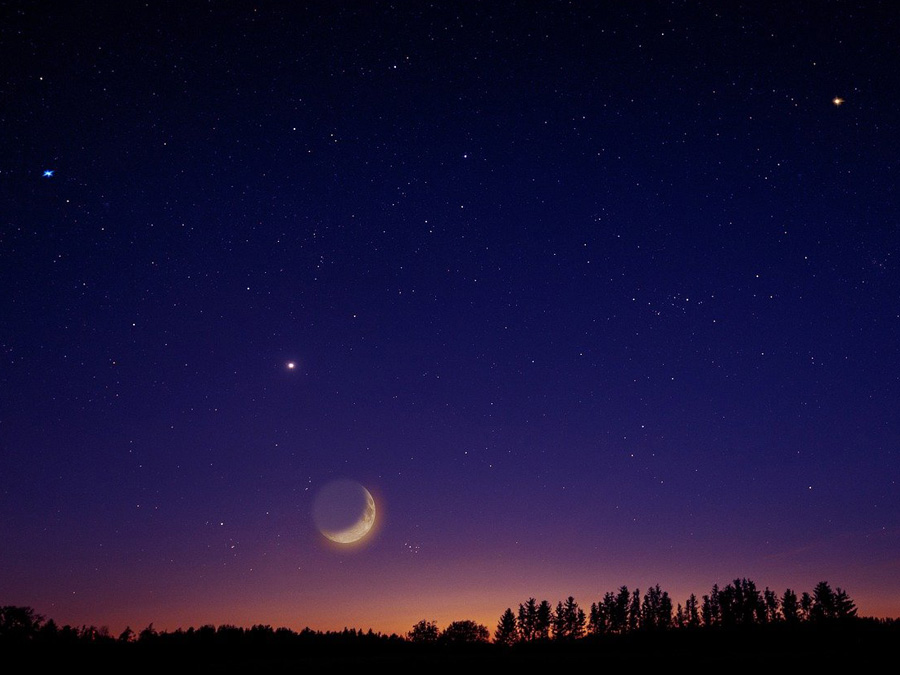
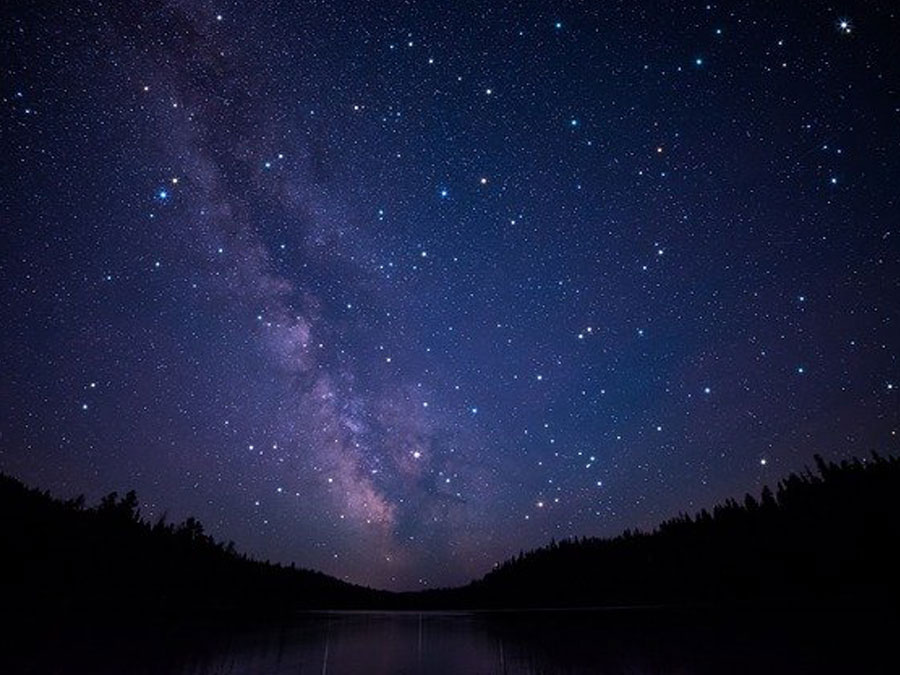
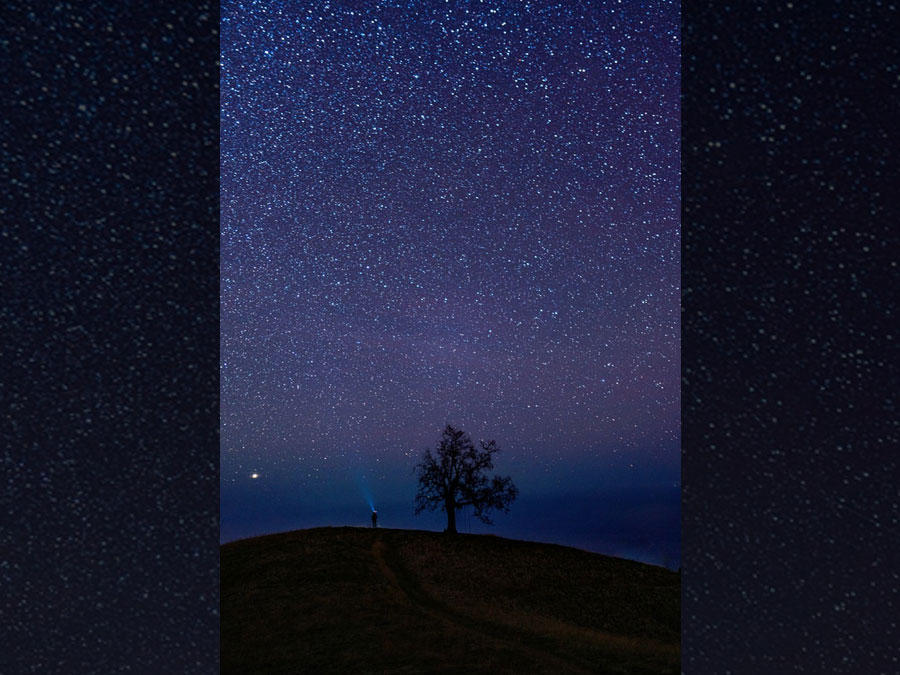
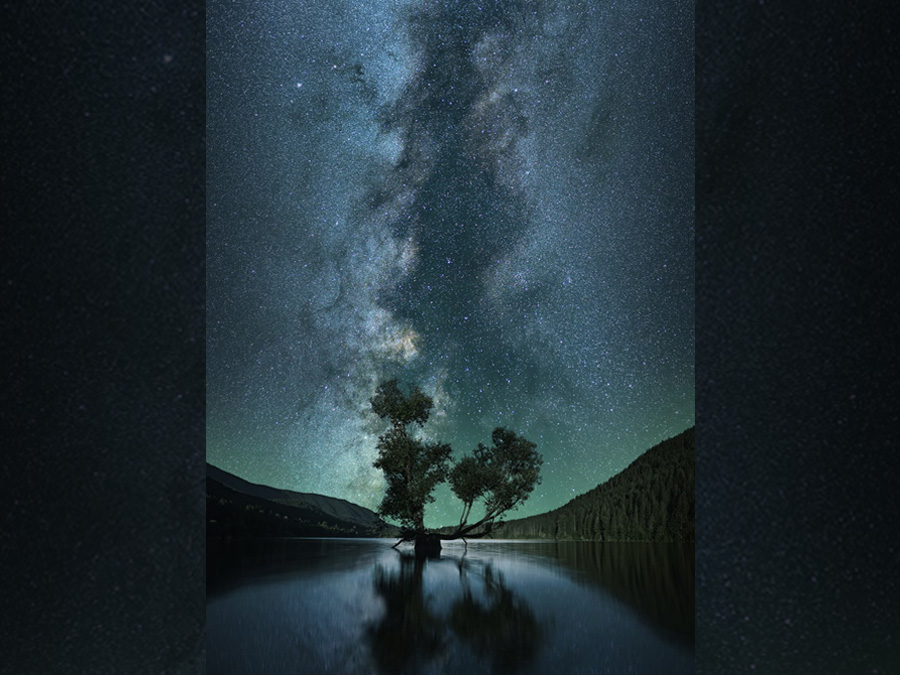
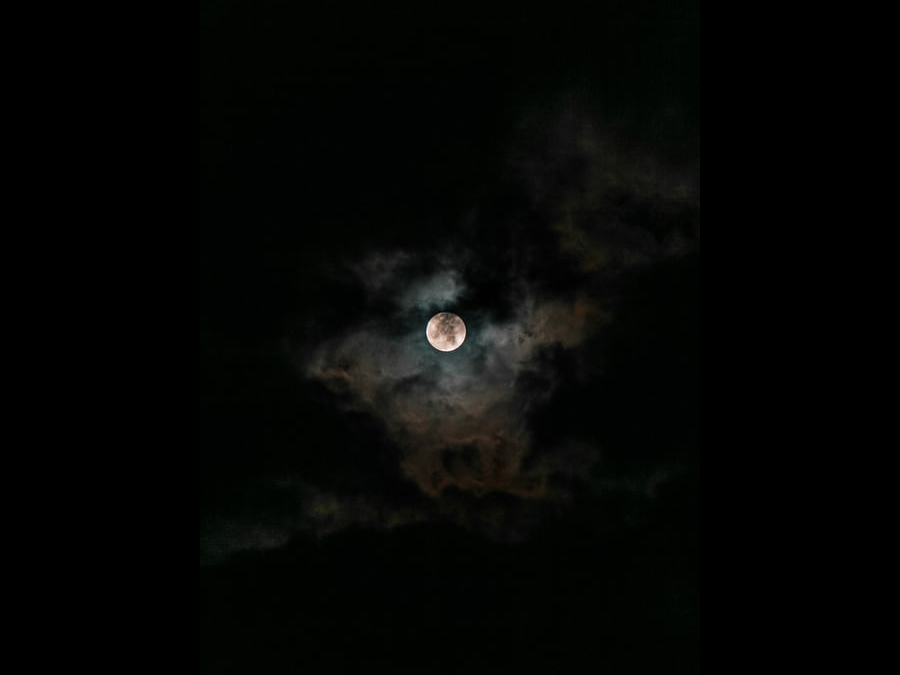
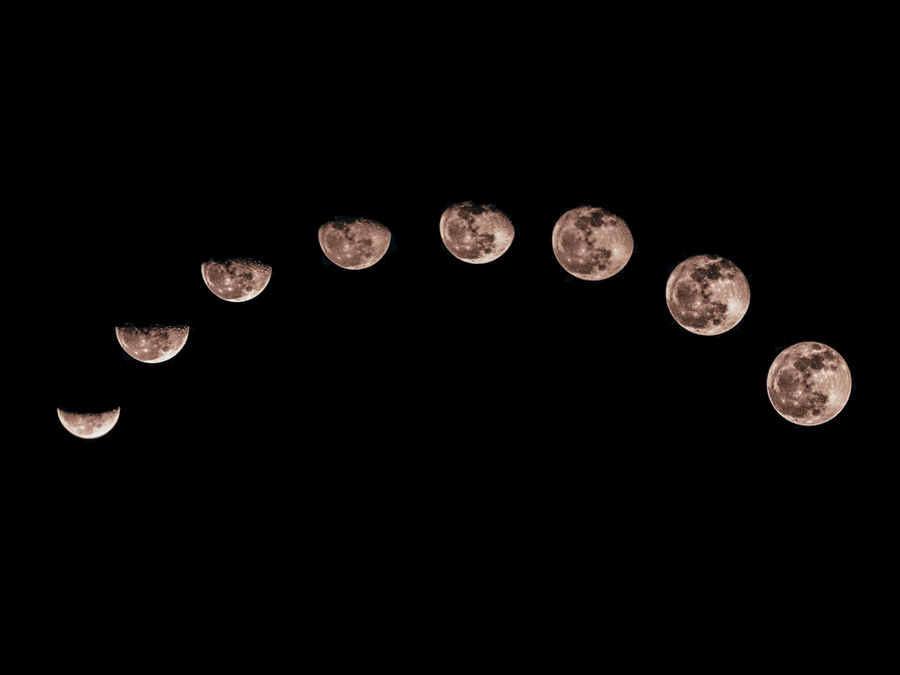
This is a meditation on the importance of friends and a reflection on friendship.
The author and activist Pat Capponi said that everyone needed “a home, a job, a friend” to secure a good life—to live an existence enhanced by hope and possibilities.
In the Epistle to the Romans, Paul the Apostle wrote about friendship recommending, “In brotherly love let your feelings of deep affection for one another come to expression and regard others as more important than yourself.” Sage advice from a Saint: render true devotion, offer genuine goodwill, and excel in our efforts to elevate each other. That’s the formula for friendship.
Ananda, an attendant of Lord Buddha’s and one of his most compassionate disciples, noted the role “admirable friendship, companionship, and camaraderie” had on holy life, suggesting spiritual endeavours were half way met through trustworthy friends who inspired the soul. The Awakened One replied honorable friends were the entirety of holy life; a monk with commendable mates would certainly pursue the noble eightfold path.
My dad, a devout Christian and elderly armchair-activist agitated by injustice, frequently weighed in on this “friendlyship” topic as I was growing up. Often, my father would repeat a proverb that was bandied about by the village elders in Bonefro, our ancestral home, when he was a boy: “Tell me who your friends are,” the seniors said, “and I will tell you who you are.”
Even my late uncle Rocco lectured me on the subject once years ago when a lengthy friendship of mine was in flux. He scolded my sentimentality. “In Italy, they say ‘to know someone well, you need to eat a quintal—one hundred kilograms—of salt together. You know how long it takes to go through that much salt? More than a lifetime.” In other words, making a good friend—one who will sustain us by sharing our delights and shouldering our heartaches—is a serious undertaking and many, many, meals must be shared. Of course, bonding over food is a cultural pastime for multiple communities. With Italians, the act is sacred.
Research in the fields of psychology and sociology has upheld the lasting positive impact friendship has on our physical health and mental wellbeing.
Solitude took on new layers for everyone in 2020 even for those accustomed to spending much time alone. The domino effect of distancing was clear—disorder, doomscrolling and distress.
Back in February, I’d been listening to the news and paying close attention to the devastation ripping through northern Italy, and yet I couldn’t make sense of what I was hearing or seeing. I wondered if I’d have to postpone a trip I planned to make in the summer. I intended to spend time in the village, confronting every single gap in my knowledge and challenging the status quo of family falsehoods. But cancellation was in the cards.
In the span of a few days, I noticed a less crowded subway en route to work, taught a class where eighty percent of the students were absent, and experienced the impact of going into lockdown with the rest of the world.
No longer could I act impulsively in arranging get-togethers with friends. I could not drop whatever I was doing and agree to meet a friend for coffee or a walk, make plans for dinner, dither over which movie to watch or agree to attend an author reading or a book launch.
Time froze and thawed, stretched and shrank.
Days passed this way, moving from one to the next—masked, fatigued, and worried.
I lived for weeks in a state that one friend described as “an eternal Wednesday in March.” At one point, counting the days since I’d been outside with tally marks—four lines and a line across, more lines and then the proof—my castaway calendar indicated I’d not stepped outside my too-close-to-downtown apartment in eight days.
I purchased a Zoom account, and starting emailing folks to hangout over the internet.
Social distancing in the Coronaverse meant class after class, event after event, meeting after meeting, session after session experienced online. The World Wide Web was our isolation oyster. Here, there and everywhere with the grace of Wifi went we.
Friend after friend greeted through a computer screen.
Let’s celebrate those connections that anchored us and kept us afloat.
The friends made at school.
The friends found through jobs.
The friends discovered via travels.
The friends made online.
The friends built through volunteer work.
The friends encountered through support groups.
The friends with shared interests and the friends with diverse hobbies.
The friends encountered at a literary festival.
The friends introduced by other friends.
The friends met through a move to a new city.
The friends we drifted apart from or said goodbye to because a friendship was too difficult to maintain.
The friends yet to appear on the horizon.
Each moment in life contains the molecules of the past, present and future. This was never more evident to me than through rocky transits. Those periods when I lost sight of my North Star. When the sun grew dim and the moon vanished behind clouds. Those phases where I could not predict my response on the spectrum of fight, flight, freeze or fawn, but I knew I could count on a friend.
In the wake of the pandemic, the chapter in the book we never saw coming, the section that reminded us how much we take for granted, how swiftly circumstances can alter and how exhausting it is to endure the unpredictable—we got by with a lot of help from our friends.
Friendships bolster our lives, and cushion us from the countless blows that life can deliver. A friend buffers the blast of winter’s chill and bears the brunt of summer’s blistering heat with you.
Friends are as vital as the elements—the air we breathe, the fire that warms, the water that nourishes, and the earth that grounds. The ever-expanding universe grows intimate in friendship. Our personal galaxy becomes a gathering of orbiting bodies to hug and hold dear.
We can bear what might have broken us.
Caused by an auspicious planetary alignment or crafted from a simple abundance of good fortune, a friend is a treasure through so many trials and every possible tribulation.
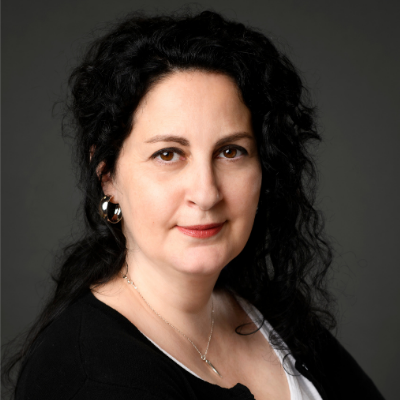
EUFEMIA FANTETTI holds an MFA in Creative Writing from the University of Guelph. Her short fiction collection, A Recipe for Disaster & Other Unlikely Tales of Love, was runner up for the Danuta Gleed Literary Award and winner of the Bressani Prize. Her writing has been nominated for the Creative Nonfiction Collective Readers’ Choice Award and was listed as a notable essay in the Best American Essay Series. My Father, Fortune-tellers & Me: A Memoir was released by Mother Tongue Publishing in 2019. She teaches at Humber College and co-edits The Humber Literary Review.
Photo Credits: Eufemia Fantetti, Jeremy Bishop, Kenrick Mills, Sanni Sahil, nate rayfield, Bruno /Germany, James Wheeler, Robert Karkowski, and Free-Photos.
